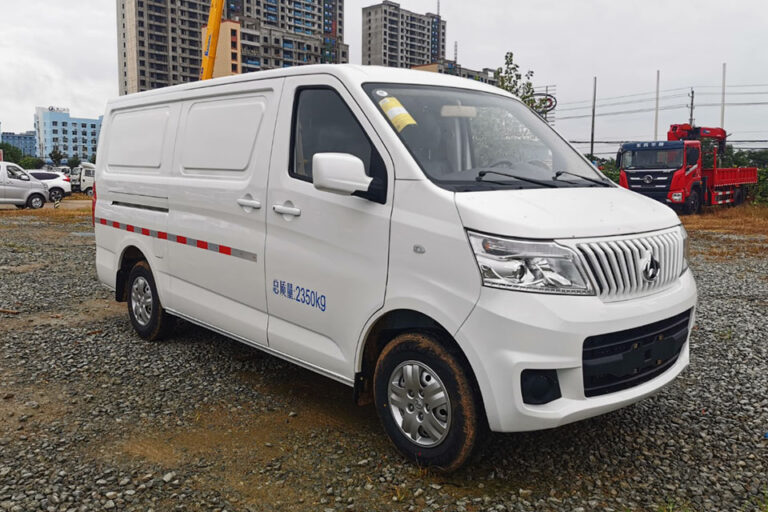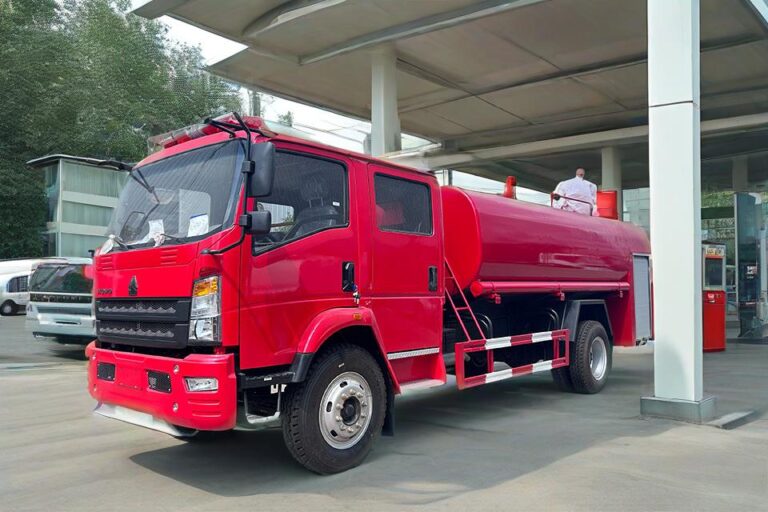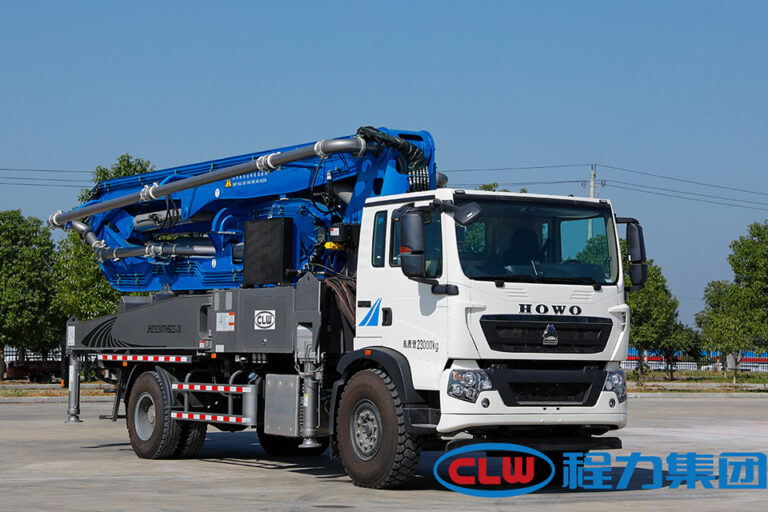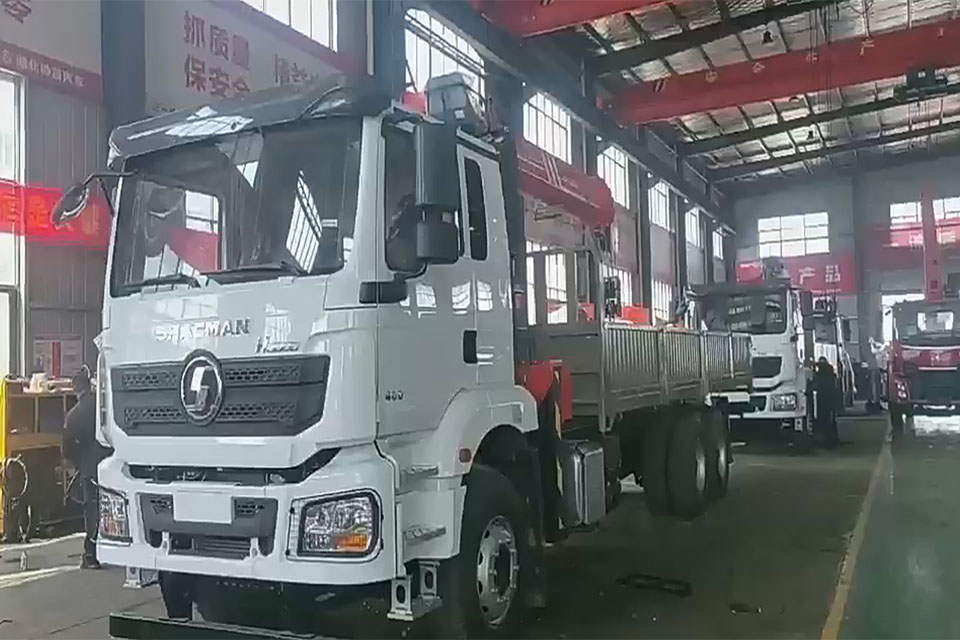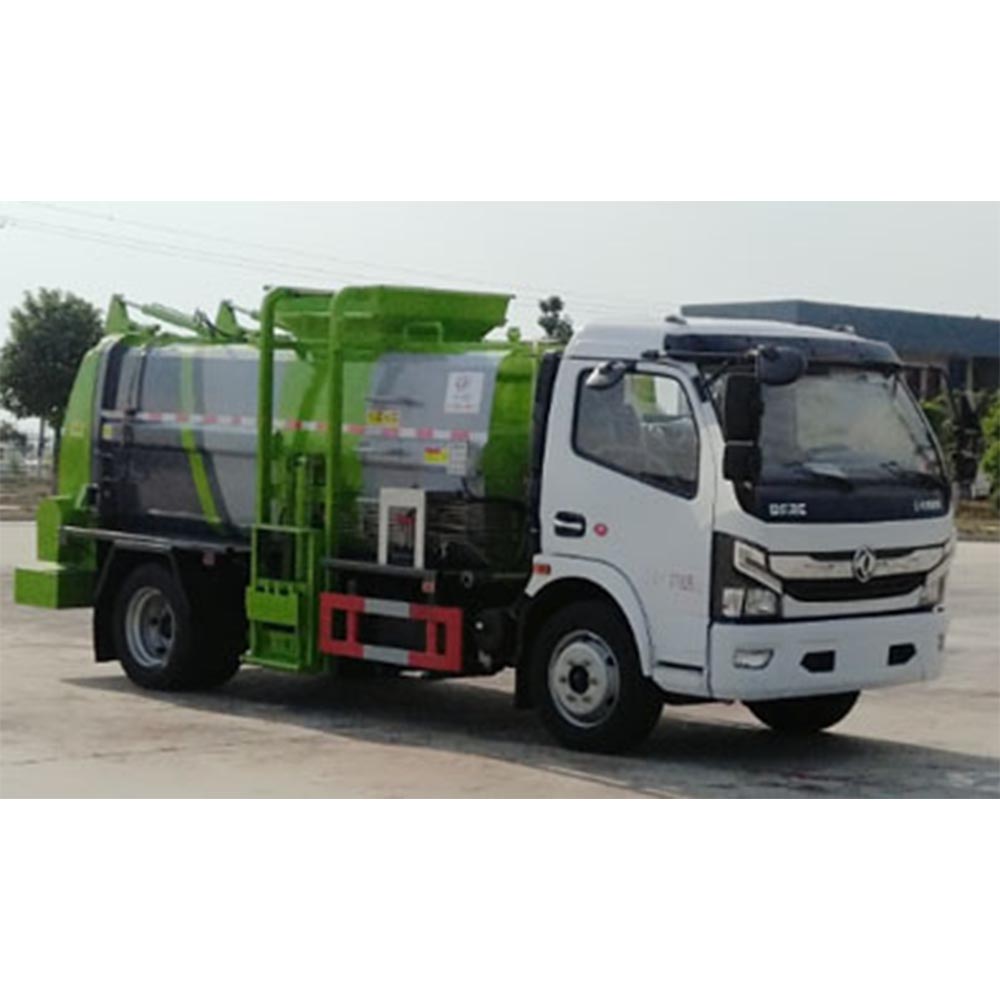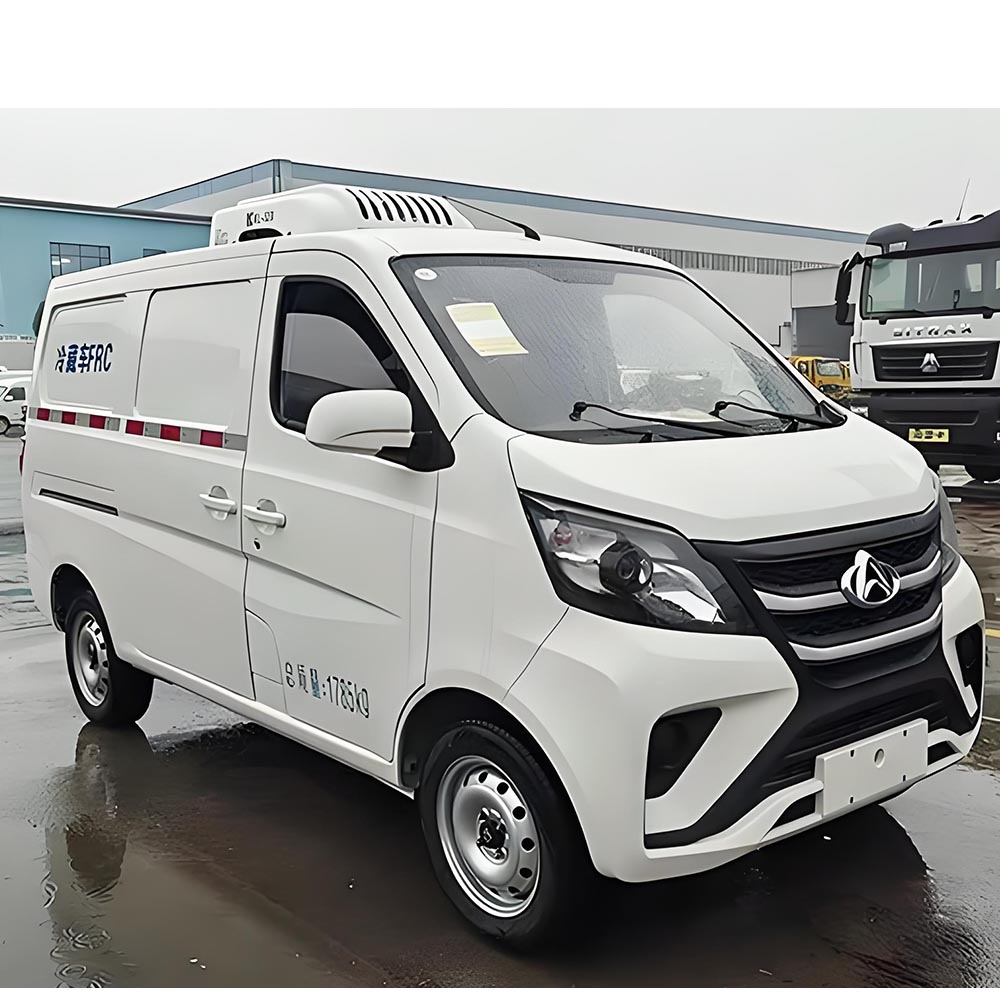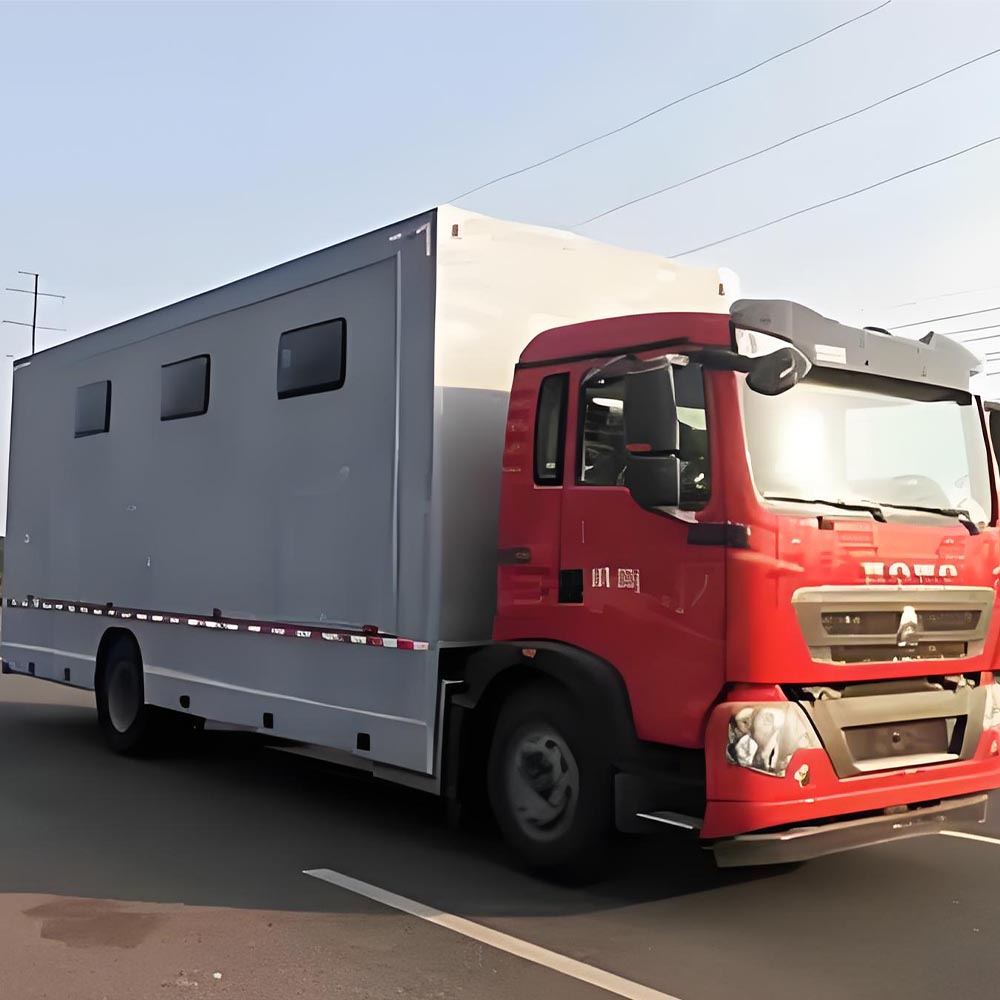-
Chengli Automobile Industry Park
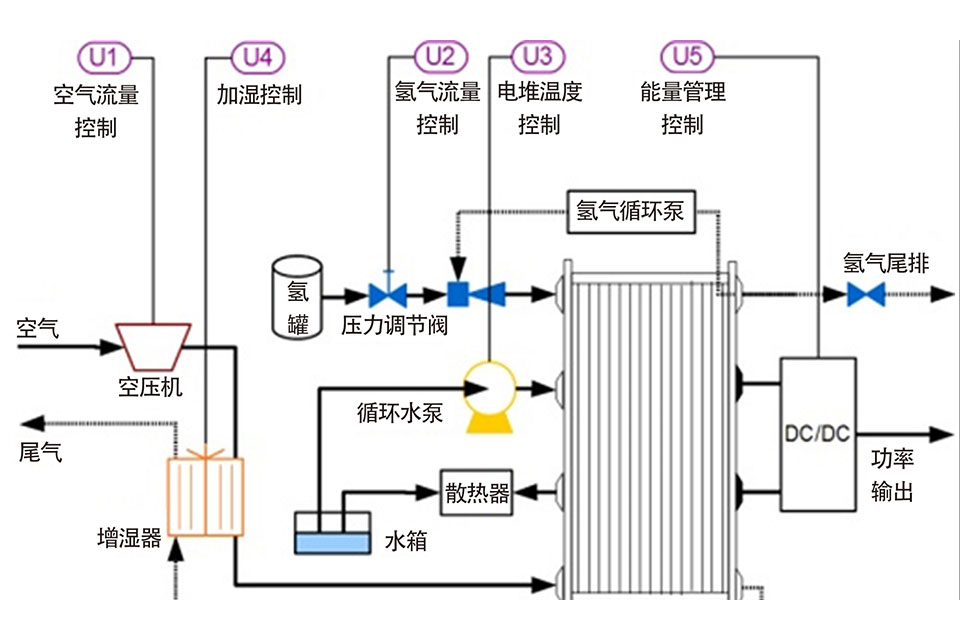
A review of key technologies of hybrid power control system based on hydrogen fuel cell chassis vehicle
Hydrogen Fuel Cell Hybrid Power Systems for Vehicles: A Complete Review
Table of Contents
Introduction
Hydrogen fuel cells are gaining ground as a key player in the future of clean transport. These amazing systems help cars and trucks run with almost no harmful gases. Think of them as small power plants that turn hydrogen into electricity through a clean process.
Cars with hydrogen fuel cells offer big plus points. They can go far without stopping. You can fill them with fuel in just a few minutes. And best of all, they only make water as waste – no dirty smoke!
This article looks at how these systems work and why many think they are the way forward for greener vehicles.
How Hydrogen Fuel Cells Work in Cars
Hydrogen fuel cells work like magic but it’s all science. In the fuel cell, hydrogen and oxygen have a special meeting. This meeting makes electricity and water – that’s it!
Here’s what happens step by step:
- Hydrogen gas flows into the fuel cell
- Oxygen comes in from the air
- They react together with help from special materials
- This reaction makes electricity to power the car
- Water vapor comes out as the only waste product
Most fuel cell vehicles don’t just rely on the fuel cell alone. They use a hybrid power system that pairs fuel cells with batteries. This smart combo works better than either one alone.
Key Technologies in Hybrid Power Control Systems
1. Power Distribution Systems
The heart of any hydrogen fuel cell vehicle is how it manages power. Modern systems use special controllers to decide when to use power from the fuel cell and when to use the battery.
The best systems use something called port-Hamiltonian framework. This fancy name means the car can be super smart about using just the right amount of power at just the right time.
2. Thermal Management Systems
Heat control is very big in these cars. The Toyota Mirai (a real hydrogen car you can buy!) uses a smart system that can:
- Keep the fuel cell at the perfect temperature
- Use extra heat to warm the car in winter
- Control how cool or hot different parts get
Let’s look at some real test data from the Mirai:
| Test Condition | Measured Temperature | Simulated Temperature | Error Rate |
|---|---|---|---|
| Starting up to full power | 75°C | 78°C | 3.8% |
| Steady driving at 80km/h | 68°C | 70°C | 2.9% |
| Heater mode on | 62°C | 65°C | 4.8% |
This shows how close the real performance is to what engineers predicted. That’s good engineering!
Hydrogen Fuel Cell Vehicles: Powering a Clean Future
Fueling the Future
Hydrogen fuel cells offer a clean and efficient way to power vehicles, producing only water as a byproduct.
Hydrogen vs. Electric: Refueling Time
Key Tech & Advantages
| Feature | Hydrogen Fuel Cell | Battery Electric |
|---|---|---|
| Energy Density | 120-140 MJ/kg | 0.5-1 MJ/kg |
| Refueling Time | < 5 minutes | 30+ minutes |
| Emissions | Zero | Zero (at tailpipe) |
Real-World Examples
| Model | Key Feature |
|---|---|
| Toyota Mirai | 110kW Fuel Cell, 500km Range |
| Hyundai Nexo | 110kW Fuel Cell, Improved Durability |
3. Control Strategies for Different Driving Conditions
Cars need to work in all kinds of conditions – city driving, highways, hills, and more. The best fuel cell systems use different control methods:
| Control Method | When It’s Used | Performance Improvement |
|---|---|---|
| Adaptive Power Distribution | When batteries and fuel cells work together | 15% better efficiency, 10% less hydrogen used |
| Fuzzy Logic PMC | Multiple energy management modes | More stable power, 20% faster response time |
| Genetic Algorithm Rules | Energy management optimization | Battery life extended by 30% |
| Predictive Energy Management | Complex driving routes | Fuel cell aging slowed by 25% |
These smart control methods mean better performance and longer life for all parts of the system.
Real-World Examples of Hydrogen Fuel Cell Vehicles
Let’s look at some real hydrogen cars and what makes them special:
| Vehicle Model | Key Features | Source |
|---|---|---|
| Toyota Mirai (2nd gen) | 110kW fuel cell power, 500km range, advanced thermal management | See the Toyota Mirai in detail |
| Hyundai Nexo | 16% more power (110kW), improved cold start capability | |
| Ship Hybrid Power Systems | Multiple fuel cell stacks with batteries, 20% less hydrogen use |
The Fuel Cell Powered Transporters show how this technology is growing beyond just cars to bigger vehicles too.
Hydrogen Fuel Cell vs. Battery Electric Vehicles
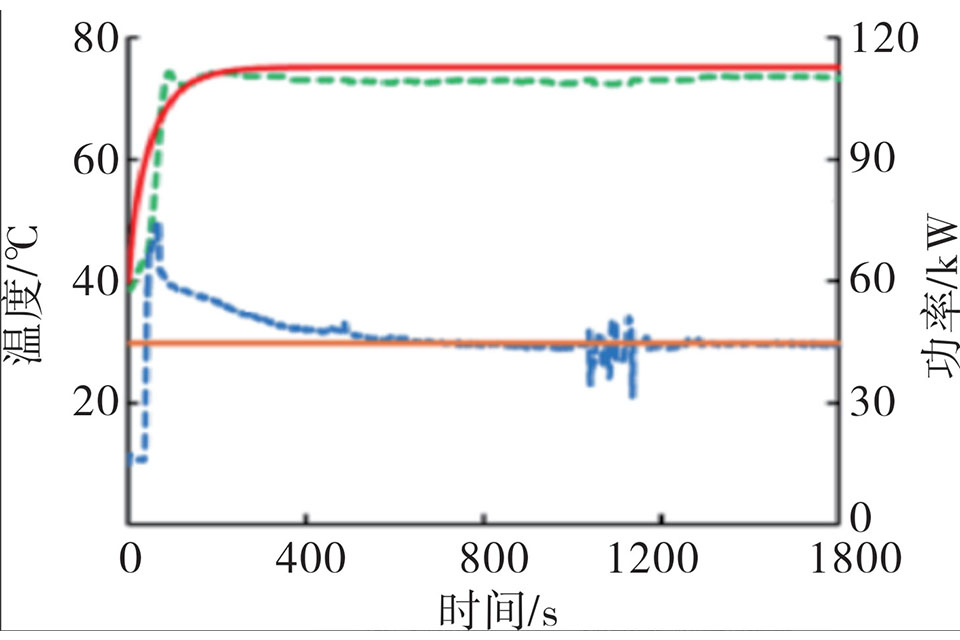
Many people wonder if hydrogen or battery cars are better. They both have good and bad points:
| Feature | Hydrogen Fuel Cell Cars | Battery Electric Cars |
|---|---|---|
| Energy Density | 120-140MJ/kg (hydrogen) | 0.5-1MJ/kg (lithium-ion batteries) |
| Refueling/Recharging Time | Less than 5 minutes | 30 minutes to several hours |
| Cold Weather Performance | Works down to -30°C | Range drops by 40% at -20°C |
| System Cost | High (needs precious metals) | Medium (batteries getting cheaper) |
For big trucks that need to keep moving all day, hydrogen fuel cells might work better than batteries. These heavy trucks for semi-trailer transportation could benefit a lot from the quick refill time of hydrogen.
The Future of Hydrogen Fuel Cells in Transport
The world of hydrogen is growing fast! Toyota has been working on this for over 30 years. They launched their first hydrogen car (the Mirai) in 2014.
Some key things to watch for:
- More hydrogen fuel cell sweepers and work trucks
- Better ways to make and store hydrogen
- Lower costs as more vehicles use the technology
- More hydrogen filling stations
The mobile emergency power trucks could also use this technology to provide clean backup power when needed.
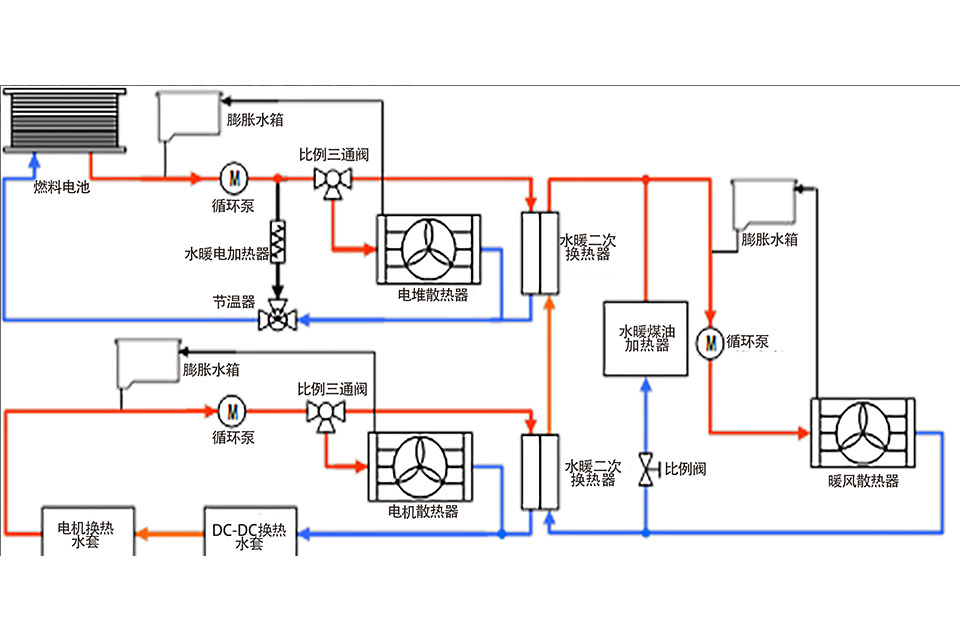
Conclusion
Hydrogen fuel cell hybrid power systems are an exciting part of our clean transport future. They offer:
- Long driving range
- Fast refueling
- Zero harmful emissions
- Good performance in cold weather
While there are still challenges with cost and building hydrogen stations, the technology keeps getting better. As more companies make these vehicles, prices should come down.
For some uses – especially big trucks, buses, and work vehicles – hydrogen fuel cells might be the perfect answer to our clean energy needs.

